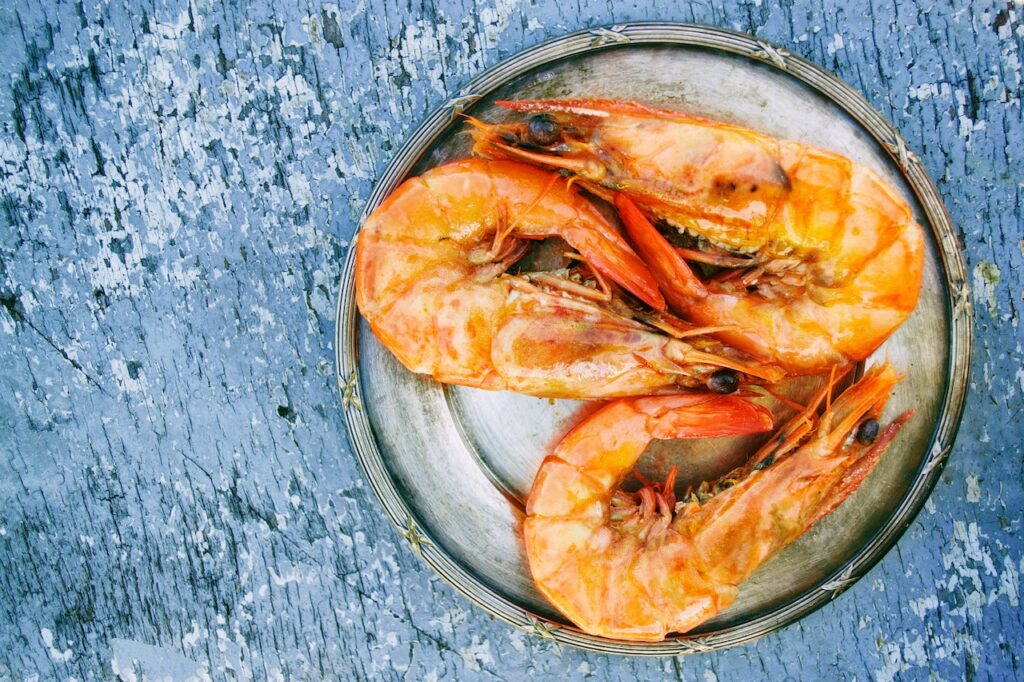Introduction
If you’re like most people, you probably don’t think much about the seafood you eat and where it comes from. But did you know that eating lower on the seafood chain can be better for your health and the environment? Here’s why:
1. Healthier for you: Smaller fish are lower in mercury than larger fish. Mercury is a harmful pollutant that can build up in your body over time and cause health problems.
2. More sustainable: It takes less energy and resources to catch or farm smaller fish, so they have a lower environmental impact than large fish.
3. Better for local economies: Small-scale fisheries are often more environmentally and economically sustainable than large-scale industrial fisheries. Supporting them helps create jobs and preserve traditional ways of life.
So next time you’re at the grocery store or restaurant, remember to consider eating lower on the seafood chain!
Why eat small fish?

Small fish are an important part of the seafood chain, and they play a vital role in the ecosystem. They are a source of food for larger fish, birds, and mammals, and they help to control the population of zooplankton. Small fish are also an important part of the global economy, and they are harvested for food, oil, and other purposes.
Small fish in the Mediterranean diet
One of the best things about the Mediterranean diet is that it includes a variety of seafood. Small fish are an important part of this diet, as they are a good source of protein and healthy fats.
There are many reasons why you should eat small fish as part of the Mediterranean diet. First, small fish are a good source of protein. They are also low in mercury, making them a safer choice than some larger fish. Small fish are also a good source of omega-3 fatty acids, which are beneficial for your heart health.
Eating small fish on a regular basis can help to improve your overall health and well-being. If you are looking for a healthy and delicious way to include more seafood in your diet, make sure to try some small fish from the Mediterranean!
Bivalve benefits
Bivalve benefits:
-Bivalves are a renewable resource. Farmed mussels, oysters, and clams can provide a steady supply of seafood without damaging delicate ecosystems.
-Bivalves are filter feeders. As they feed on microscopic plants and animals, bivalves help to clean the water around them. This benefits both the environment and the creatures that live in it.
-Bivalves are low in toxins. Because they are at the bottom of the food chain, bivalves tend to have lower levels of mercury and other toxins than fish higher up the chain. This makes them a safer choice for those who are concerned about consuming too much mercury.
-Bivalves are nutritious. They are a good source of protein, omega-3 fatty acids, iron, and other essential nutrients.
Aquatic plant foods
Aquatic plant foods are a great way to get the nutrients your body needs without consuming high levels of mercury. Mercury is a toxin that can build up in fish and shellfish over time, making them unsafe for human consumption. By eating lower on the seafood chain, you can avoid this health risk and still get the nutritional benefits of seafood.
Aquatic plant foods are a great source of protein, essential fats, vitamins, and minerals. They are also low in mercury, making them a safe choice for people who are concerned about this health hazard. There are many delicious and nutritious aquatic plant foods available, so there’s no need to miss out on the health benefits of seafood!


